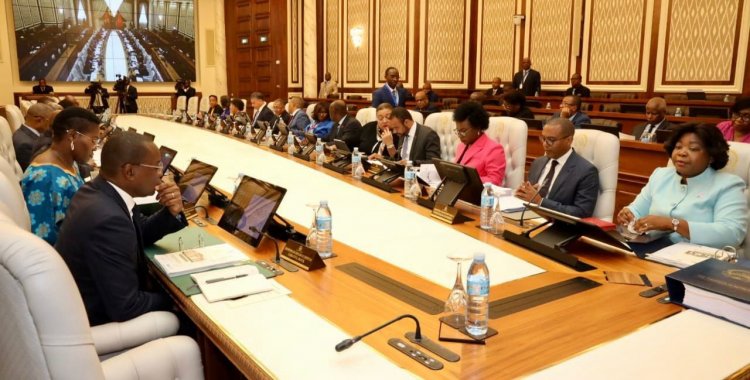According to the press release from the meeting of the Council of Ministers held this Monday under the guidance of the President, João Lourenço, the Government forecasts economic growth of 2.8 percent for 2024, "sustained solely and exclusively by the non-oil sector ", which is expected to grow 4.6 percent, predicting a 2.6 percent decrease in oil production.
Next year's economic projections were prepared based on an average price per barrel of oil of 65 dollars and an average daily oil production of one million and 60 barrels, forecasting inflation at 16.6 percent.
The statement highlights that the executive, "recognizing the challenges facing the national economy", presents in the OGE proposal for 2024 a broad package of temporary, permanent and structural measures.
This set of measures, adds the statement, aims to prioritize issues linked to strengthening the income of families and workers, investing more in the economy and companies, as well as making the OGE more sustainable.
"The Executive, within the scope of OGE-2024, will continue to protect the most vulnerable, and therefore reaffirms its commitment to increasingly expand the Kwenda Program, aiming for greater coverage of families", highlights the document distributed to the press.
With regard to the real economy, the Government states that it is investing, among other measures, in increasing the production capacity and supply of goods and services, in a diversified and inclusive way, in mitigating the risks of food insecurity and in food self-sufficiency, realizing aspirations to reduce dependence on oil.
Also this Monday, the Council of Ministers assessed the OGE Execution Balance Report for the III Quarter of 2023, to also be submitted to parliament.
According to the statement, the executive found that, in the third quarter of the current year, revenue was collected lower than the expenses incurred, resulting in a deficit budgetary result. "Nevertheless, the current balance for the period was in surplus, demonstrating that current revenues were sufficient to cover current expenses for the period," he added.
In the third quarter, inflation maintained its upward trend, standing at 15.01 percent last September, representing an increase of 3.76 percentage points compared to that observed at the end of the second quarter and a decrease of 3.15 percentage points compared to the same period in 2022.







